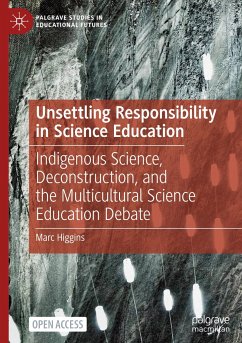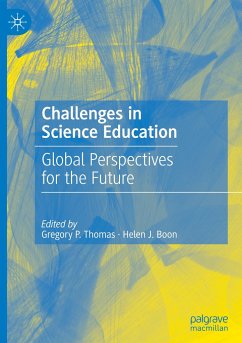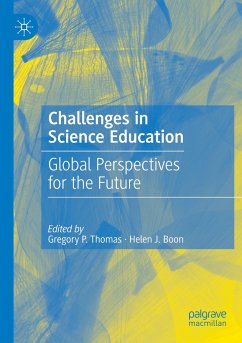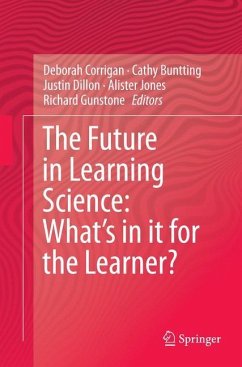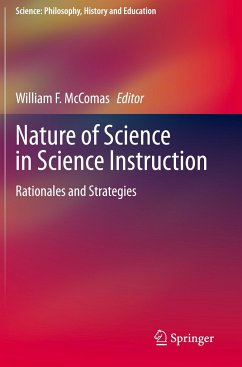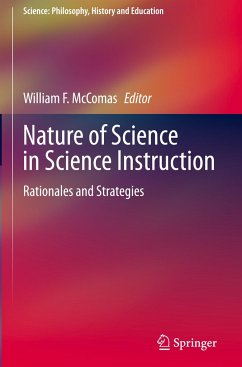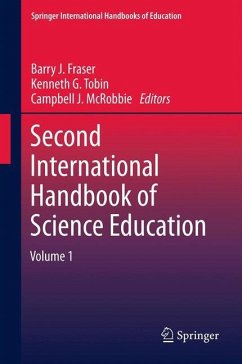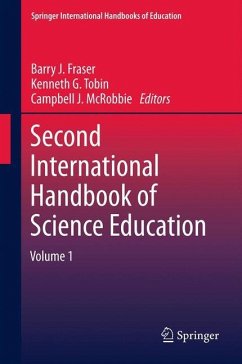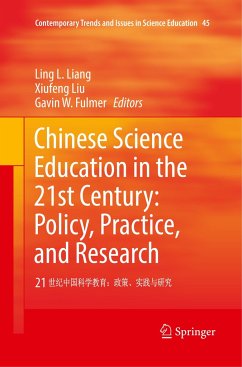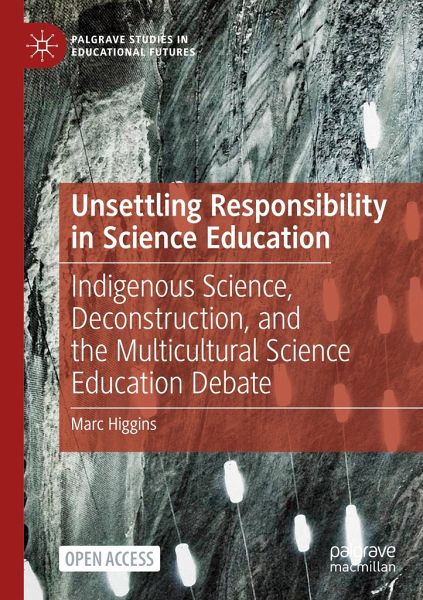
Unsettling Responsibility in Science Education
Indigenous Science, Deconstruction, and the Multicultural Science Education Debate

PAYBACK Punkte
16 °P sammeln!
This open access book engages with the response-ability of science education to Indigenous ways-of-living-with-Nature. Higgins deconstructs the ways in which the structures of science education-its concepts, categories, policies, and practices-contribute to the exclusion (or problematic inclusion) of Indigenous science while also shaping its ability respond. Herein, he undertakes an unsettling homework to address the ways in which settler colonial logics linger and lurk within sedimented and stratified knowledge-practices, turning the gaze back onto science education. This homework critically ...
This open access book engages with the response-ability of science education to Indigenous ways-of-living-with-Nature. Higgins deconstructs the ways in which the structures of science education-its concepts, categories, policies, and practices-contribute to the exclusion (or problematic inclusion) of Indigenous science while also shaping its ability respond. Herein, he undertakes an unsettling homework to address the ways in which settler colonial logics linger and lurk within sedimented and stratified knowledge-practices, turning the gaze back onto science education. This homework critically inhabits culture, theory, ontology, and history as they relate to the multicultural science education debate, a central curricular location that acts as both a potential entry point and problematic gatekeeping device, in order to (re)open the space of responsiveness towards Indigenous ways-of-knowing-in-being.





